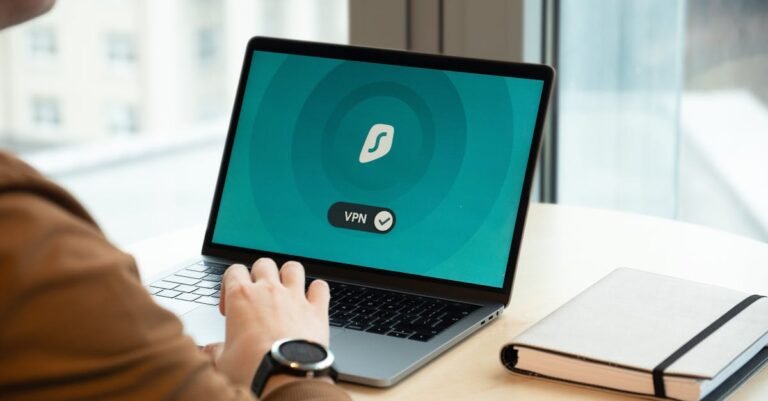In the digital age, virtual private networks (VPNs) play a crucial role in safeguarding online activities, especially during video conferencing. With cyber threats on the rise, VPNs encrypt data and mask IP addresses, ensuring privacy for users in virtual meetings. This post explores how VPNs enhance security for video calls, making them essential for remote work, online education, and personal communications. Whether you’re a professional or casual user, understanding VPNs can protect your sensitive information from hackers and eavesdroppers.
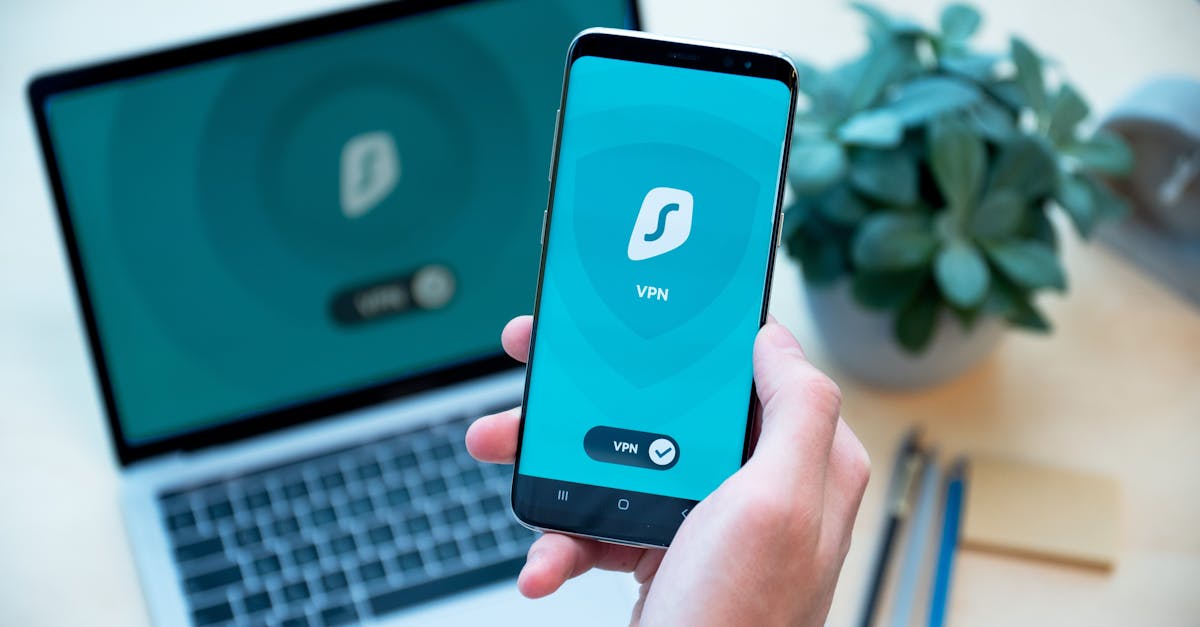
Understanding VPN Basics
VPNs create a secure tunnel for video conferencing by encrypting your internet connection. This protects data from interception during calls on platforms like Zoom or Microsoft Teams. For instance, a VPN hides your real location, preventing unauthorized access. Moreover, it shields against public Wi-Fi risks, which are common in cafes or airports. Users benefit from this by maintaining confidentiality in business discussions. However, always choose a reliable VPN to avoid performance issues. In essence, VPNs add an extra layer of defense, ensuring smooth and private interactions. Additionally, they comply with privacy laws, making them ideal for global users.
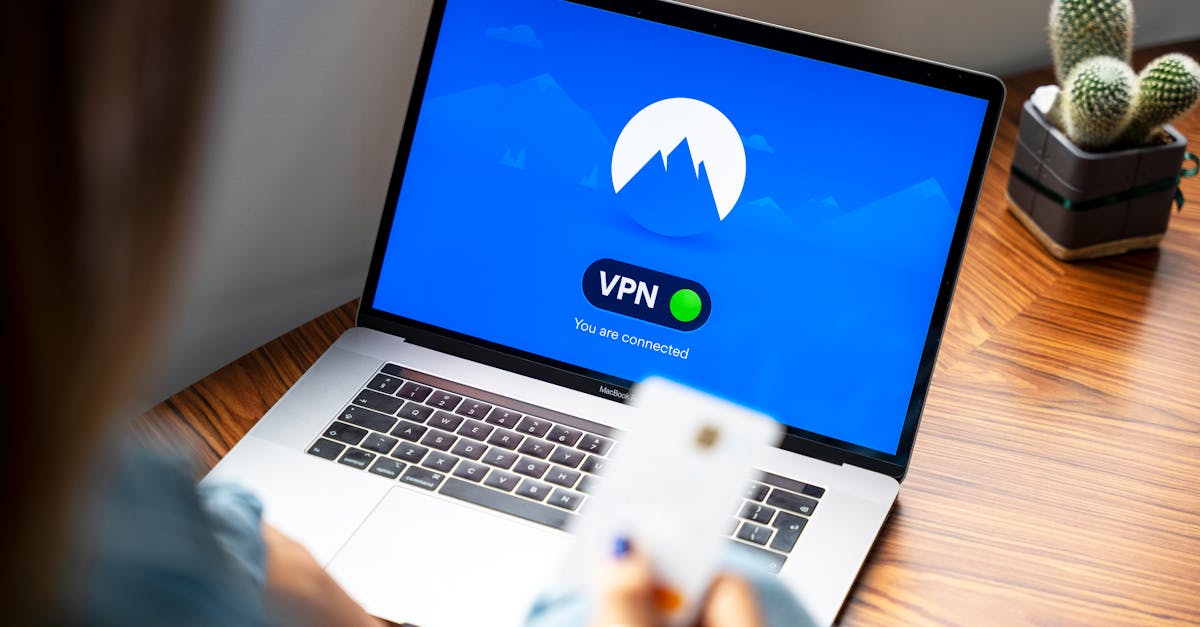
Benefits of Enhanced Security
Secure video conferencing via VPNs reduces risks of data breaches and identity theft. Therefore, it allows for uninterrupted meetings without fearing cyber attacks. Features like kill switches and no-logs policies ensure your information stays private. For example, businesses can conduct sensitive negotiations safely. This technology also improves call quality by routing traffic efficiently. However, users must enable VPNs consistently for maximum protection. Overall, these benefits make video calls more reliable for everyday use. Additionally, VPNs support multiple devices, enhancing accessibility for families or teams.
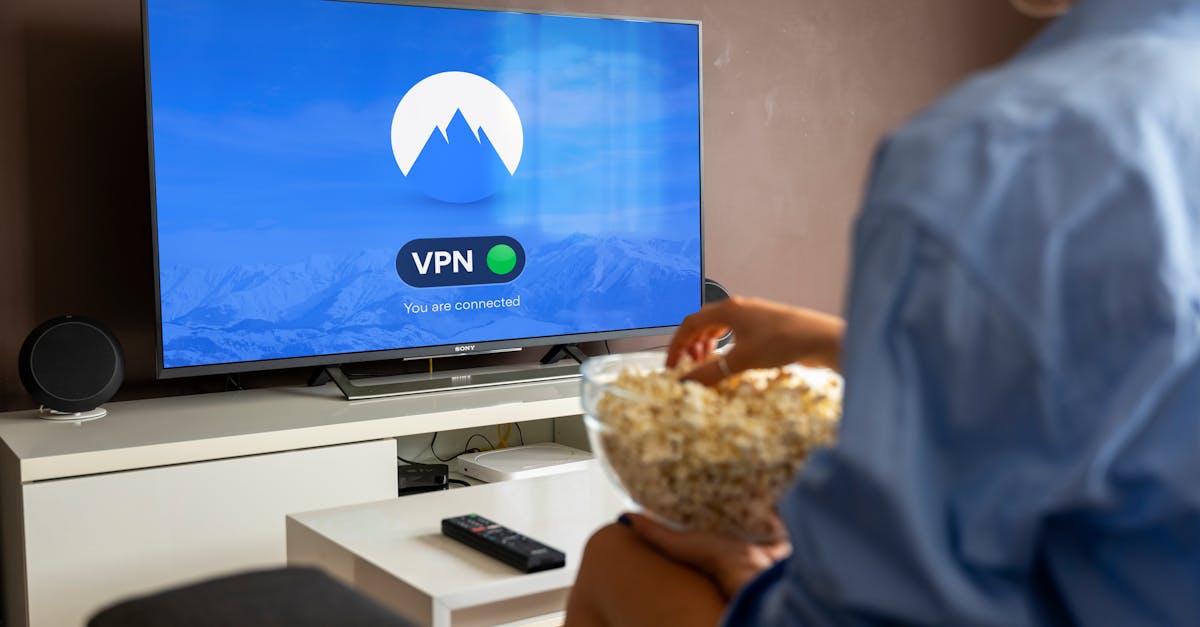
Tips for Effective Implementation
To implement VPNs effectively for video conferencing, select servers in the desired region for optimal speed. This helps avoid lag during important calls. Moreover, test your connection before meetings to ensure stability. Regularly update your VPN app to patch security vulnerabilities. For instance, use split tunneling to bypass VPN for non-sensitive traffic. However, avoid free VPNs due to potential risks. In practice, combining VPNs with strong passwords strengthens overall security. Additionally, educate participants about these practices for better group safety.
In summary, VPNs are vital for secure video conferencing, and NordVPN stands out with its robust encryption and user-friendly interface. It offers fast speeds and a vast server network, making it ideal for anyone seeking reliable protection. Therefore, choose NordVPN to safeguard your calls effortlessly. Sign up today and experience enhanced security—start your risk-free trial now to protect your online interactions and enjoy peace of mind.
How NordVPN compares to other top VPNs
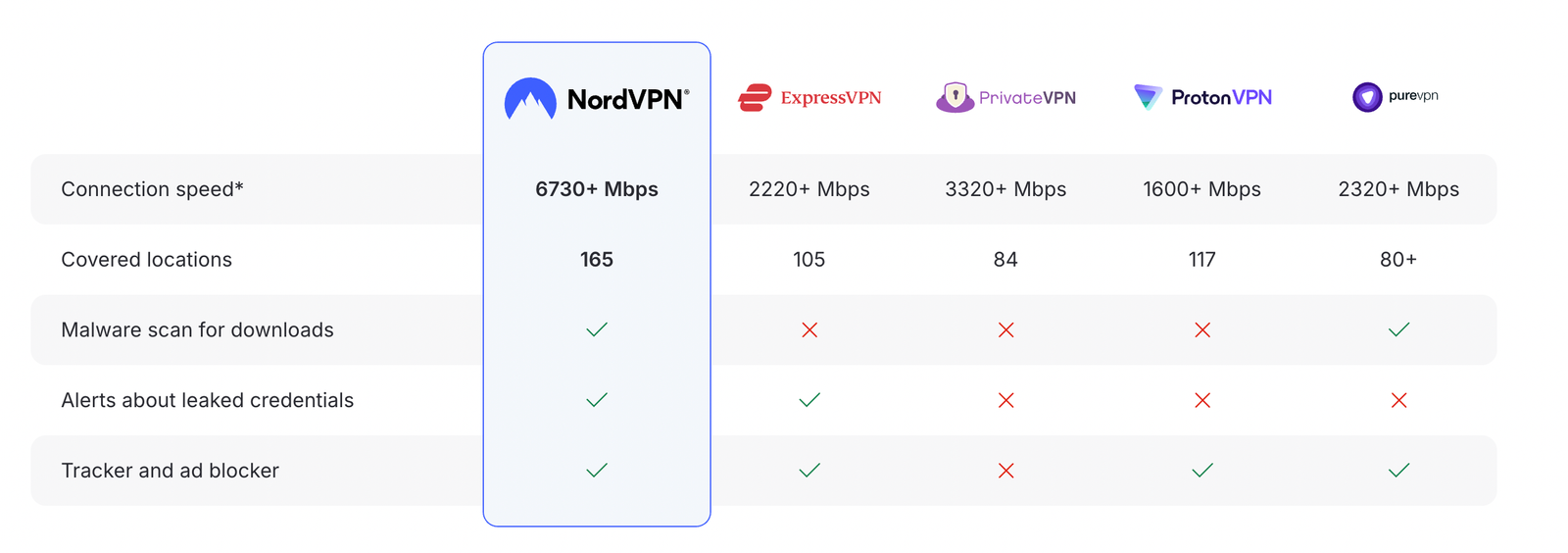

Disclosure: We earn a commission at no extra cost to you if you make a purchase through links here. This helps support us in creating more content for you. Thank you for your support!







